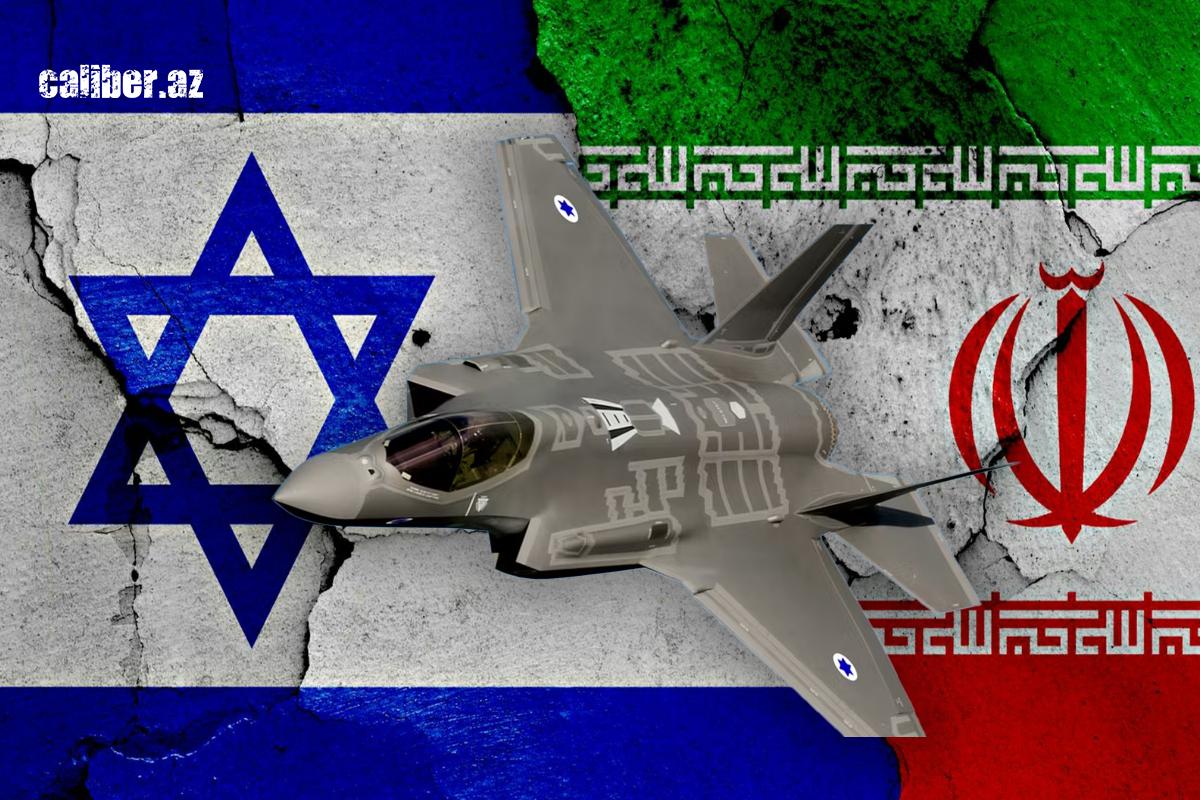"The major war in the Middle East entirely depends on Tehran" Expert opinion on Caliber.Az
Interview with Russian-Israeli expert Konstantin Pakhalyuk on Caliber.Az.

— In recent days, many world media outlets have been writing that Iran is planning to retaliate for the bombing of the Israeli consulate in Syria and is planning a counterattack. Do you think Tehran will take such a step?
— Indeed, if you read the headlines of Israeli media, they fear such a response. Especially since tension remains on the northern border, with Lebanon. A week ago, Hezbollah fired rockets at the town of Nahariya (all intercepted). But if Tehran and its proxies in Lebanon wanted a full-scale war, they would have started it back in October. Israel has struck military targets in Iran and Syria before. The precedent is set, especially with the consulate. Perhaps they will launch some strike from Syrian or Lebanese territory, but it will clearly be less loud than the statements.
— So, you do not expect a major war between Israel and Iran?
— A major war in the Middle East is not needed by either Israel or the United States. Rather, there is a difference in understanding what comes next. I emphasize once again that it is important for Israel to ensure security from terrorist threats like on October 7. Therefore, I believe that it's currently a matter of power bargaining. The major war in the Middle East entirely depends on Tehran, I'm not ready to predict their thoughts, but so far, they have appeared quite rational.
— Is Tehran close to possessing nuclear weapons?
— On this topic, we can only speculate. Nuclear weapons are not a magic wand. For decades, Iran has denied the right of the Jewish state to exist and continues to develop its nuclear program. At the same time, Iran suffered significant losses from the collapse of the nuclear deal and apparently is now bargaining.

— How could the bargaining end?
— It's unlikely, but perhaps with another deal involving the unfreezing of assets. For Israel, what's happening is a matter of security, while for other participants, it's about power and political influence. That's the difference in approaches. Currently on the agenda: 1) how to defeat Hamas; 2) what to do with Gaza and how to ensure peace for local Palestinians; 3) how to remove the threat of Hezbollah; 4) how to make Iran stop using radical methods in its foreign policy; 5) what to do about the Houthis and their threat to international trade.
— What are your thoughts on the prospects for ending the war in Gaza? What will Gaza be like after the war?
— The problem with answering this question is that one must find answers to several questions simultaneously: 1) who, besides Hamas and Abu Mazen, will lead there; 2) how to ensure the prevention of radicalization; 3) who will pay for reconstruction? For now, even Hamas has not been destroyed, and practically all responsibility has been shifted to Israel.
There will be no normal future here unless both sides abandon their extreme positions: the presence of Jewish settlements in the West Bank does not mean the right to demand state sovereignty over the entire West Bank, while the issue of creating a Palestinian state does not mean creating it within arbitrary borders desired by Palestinian leaders. The residents of Gaza need to acknowledge that there was nothing good about supporting Hamas for many years. What's happening now is the responsibility that everyone has to bear for the radicalism of the elites and a significant portion of the population. Like Germany in 1945. But the Germans managed to admit defeat and move forward not for the sake of revenge or revanchism but for the sake of future generations. And it turned out well. Now the big question is whether Palestinian leaders can emerge who will lead their people toward peace and prosperity.








